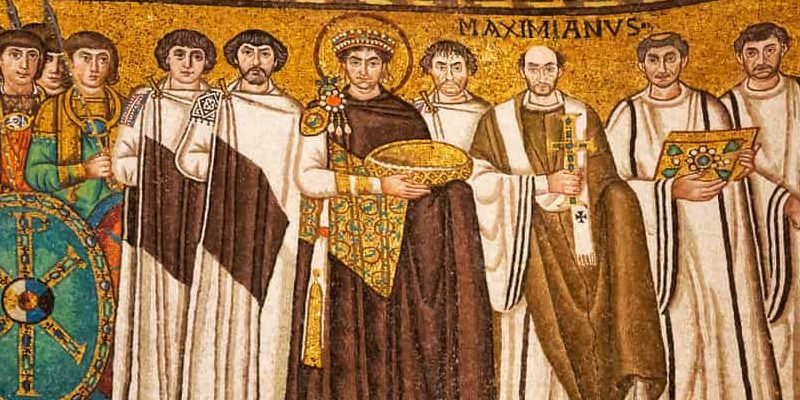We explain the origin of Law, its relationship with authority and the first laws. Furthermore, Roman law.

What is the origin of the law?
Law is the set of rules and principles with which a given human society chooses to govern itself in order to distinguish between the fair and the unfair, order and chaos, the partial and the impartial. Like many other human inventions, it had a beginning place in our history as a civilization and as a species.
The origin of law, thus, necessarily dates back to the first attempts to conduct agricultural societies of ancient humanity towards a common goal, guaranteeing social peace and some type of productive order. In this way, law would have emerged hand in hand with the first primitive forms of State.
At the moment when it became essential to delegate power to certain authorities (chiefs, kings, shamans, priests), it also became necessary to determine what would be the rules of succession of said power, what would be its scope, its forms, its methods. In this way, a custom was established, a way of doing things, which was fundamental for the birth of law.
The first rules and laws were exercised and preserved orally and they were only brief formulas that governed the exchange, or that resolved possible disputes around property or violence. But as society became more complex, so did The laws became more complex, and thus the need to have them in writing arose to keep them, or being too complicated to memorize.
The first texts of this nature, written on clay tablets and coming from Mesopotamian antiquity, were:
- The Urukgina Code (c. 2380 BC) who ruled the ancient Sumerian city of Uruk.
- The code of Ur-Nammu (c. 2050 BC), decreed by the king of the city-state of Ur.
- The famous code of Hammurabi (circa 1790 BC), dictated by the ancient Babylonian King, in which the measures to be taken as punishment for rapes, deaths or disloyal attitudes were established.
Also in ancient China, various bodies of laws were formulated, from at least the 5th century BC. c. However, the Qin Dynasty (221-206 BC) was the first to collect them and formulate them in a single document, of a political, military, economic, cultural and ideological nature.
Thus the Qin code was born and served as support for Qin law, applied to the unified Chinese Empire, and inherited by later dynasties, such as the Han, which proceeded to merge it with the principles of Confucianism.
To these examples we could add many others from ancient Egypt, or from the ancient Jewish peoples (still present in the Bible today), or the Phoenician commercial codes.
But In the West it was Roman law that really made the difference. Typical of the ancient Roman Republic, it had the complexity and quality necessary to operate for almost a thousand consecutive years, from its first documents such as the Law of the XII Tables, to the legal compilation carried out by the emperor Justinian in the 6th century AD. C. (the Corpus Juris Civilis).
Roman law already distinguished between public law and private law. This is how it regulated matters relating to the State and also those of private life.
He considered as sources not only custom (customaryin Latin), but also the decisions of the Roman Senate, the pronouncements of the Roman magistrates, the plebiscites and also the opinions of the jurisconsults (the iura). Later, when the Republic became an Empire (in 27 BC), the “imperial constitutions” emanating from the emperor himself were also taken into account.
Its importance was such in the West and the world, that much of the current system of many nations comes from Roman law. The word “right” itself comes from the Latin word directustranslatable as “straight” or “direct”, in the sense of “that which does not deviate either to one side or to the other”.
Most European legal codes come from Roman law, and so do those that, centuries later, through Imperialism and Colonialism, European powers spread throughout the world.
Continue with: Natural law
References
- “History of law” on Wikipedia.
- “History of law” (video) at Rey Juan Carlos University (Spain).
- “Law” in Enciclopedia.us.
- “The origin of law” in ArteHistoria.





